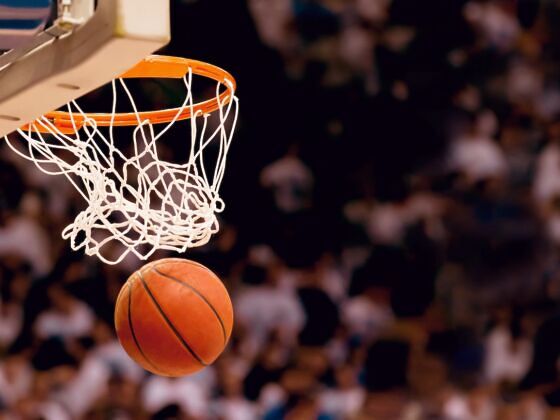[Editor’s note: To celebrate Matador Network’s acquisition of Glimpse.org, we’ll be republishing some of our favorite Glimpse articles over the next few weeks. This story, “Hello, My Name is Run Basketball” originally appeared on Glimpse.org in October of 2007.]
IN CLASS 364, where I teach English to Chinese high school students, one of the first things my students must do is choose an English name. Most select something ordinary like Anna or Jeff, but occasionally students get more creative: This year we have God’s Father, Fashion Tiger, Tom Greed, and in what’s either a peculiar conspiracy or a very unlikely coincidence, two separate students who go by the name Black Pig. Then there is perhaps my all-time favorite: Run Basketball.
